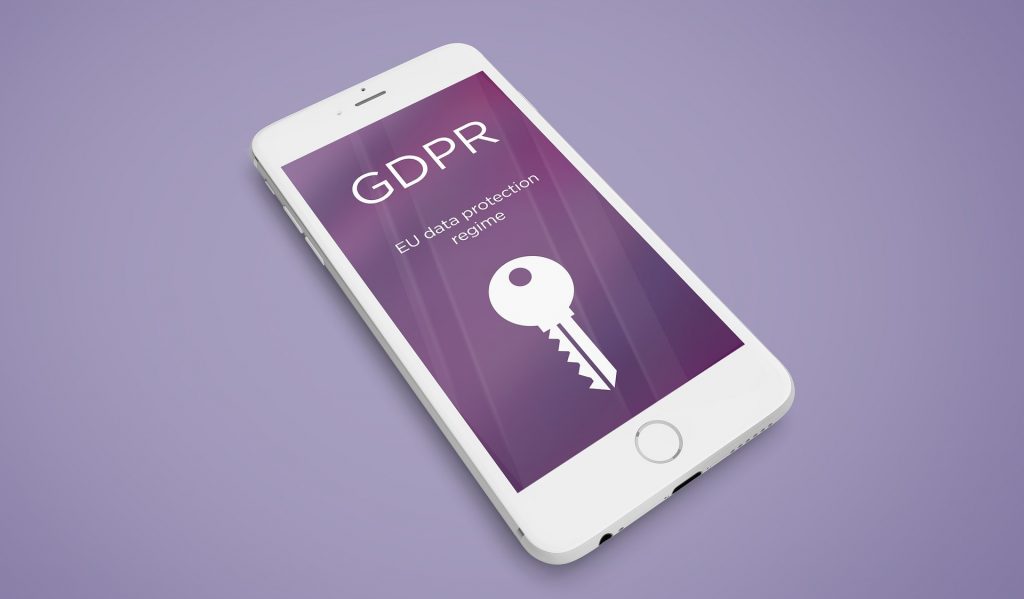Breeding Better Australian White Sheep

If you’ve ever driven through the Australian countryside, odds are you’ve seen flocks of sheep dotting the rolling hills. Some of these sheep may be Australian White Sheep, a relatively new breed that has garnered much attention in recent years. Australian White Sheep were first bred in the early 2000s and are quickly becoming popular due to their meat quality and fast-growing nature. The breed is a result of crossbreeding four different sheep breeds, Dorper, Van Rooy, Texel, and Ile de France, to create a superior breed that meets the needs of farmers and consumers alike. While crossbreeding may seem like a simple process, it can be difficult to achieve the desired traits without careful consideration and planning. One of the ways breeders have been able to create a superior breed of Australian White Sheep is through the use of embryos. Embryo transfer is a technique that allows breeders to take embryos from superior genetics and implant them into surrogate mothers, ultimately increasing the overall breeding potential of the flock. Embryo transfer has been used in animal breeding for many years but is gaining popularity in sheep breeding due to its high success rate. The process involves taking fresh embryos from a donor ewe and inseminating a surrogate ewe with them. The surrogate will carry the pregnancy to term, giving birth to lambs that genetically belong to the donor. Australian White Sheep embryos are particularly sought after due to the traits they can provide, such as faster growth rates and improved meat quality. When coupled with other breeding techniques, such as selecting superior genetics through DNA testing and artificial insemination, Australian White Sheep breeders can improve their flocks for years to come. One Australian farmer who has seen success in using Australian White Sheep embryos is Kathy Grigg. Grigg runs a sheep farm in Western Australia and has been using embryo transfer to improve her flock for over a decade. Grigg has seen tremendous success in her breeding program, stating that “using embryo transfer has given me the ability to increase the genetic potential of my flock and increase the number of lambs born.” While embryo transfer can be an effective method for improving a flock, it is also important to note that it is not without its challenges. The process can be expensive, and not all implanted embryos will result in a successful pregnancy. Additionally, there is a potential for genetic diversity to decrease if one donor ewe is used extensively in a breeding program. However, the benefits of using Australian White Sheep embryos cannot be ignored. They provide a chance to breed a superior flock that can be marketed for its meat quality and high yield. As breeding technology continues to advance, it is likely that the use of embryo transfer in sheep breeding will only continue to grow in popularity. Australian White Sheep embryos offer a unique opportunity to farmers looking to improve their flocks. Through the use of embryo transfer, breeders can take advantage of the superior genetics within the breed, ultimately resulting in a stronger, healthier and more profitable flock. While the process may be challenging, the benefits are clear.
What is Ostarine and Is It Safe?

If you are a fitness enthusiast, chances are that you are aware of various supplements that are often used to boost energy levels and enhance physical performance. One such supplement is Ostarine, also known as MK-286 But what is Ostarine and is it safe to use? Ostarine is a SARM Selective Androgen Receptor Modulator that was initially developed to treat muscle wasting conditions. However, it has since become popular among athletes and bodybuilders as a performance-enhancing drug. It works by targeting androgen receptors in the body, leading to increased muscle mass and strength. But is it safe? As with other supplements, Ostarine has not been approved by the FDA for human consumption. This means that its long-term effects on the body are not well-known. The supplement is also banned by the World Anti-Doping Agency WADA and is considered a performance-enhancing drug. Athletes who fail drug tests due to the use of Ostarine risk being suspended or even banned from their sport. There have been reports of unwanted side effects associated with the use of Ostarine. These include headaches, acne, and changes in blood pressure. There have also been reports of elevated liver enzyme levels among users, which could indicate liver damage. So, what is the verdict on Ostarine? While Ostarine has shown promise in increasing muscle mass and strength, its long-term effects on the body are not yet known. It is also a banned substance in many sports, which means that athletes should avoid using it to avoid suspension or bans. Furthermore, there are potential side effects associated with its use, which could be harmful to the body. If you are looking for a safe and effective way to enhance your physical performance, it is best to stick to natural methods such as proper nutrition and exercise. If you feel the need to use supplements, it is important to consult a healthcare professional before doing so. It is important to be cautious when using supplements, especially those that have not been approved by the FDA. Ostarine has potential side effects and its long-term effects on the body are not yet known. Consult a healthcare professional before using any supplements to enhance your physical performance. Ostarine is a SARM that has gained popularity as a performance-enhancing drug among athletes and bodybuilders. However, its safety and long-term effects on the body are not yet known. It is also a banned substance in many sports, and its use could result in suspension or bans for athletes. If you are looking to enhance your physical performance, it is best to stick to natural methods and consult a healthcare professional before using supplements. That’s all about what is Ostarine.
GDPR Consulting: What You Need to Know

Are you a business owner who operates in the European Union EU? If so, then you need to know about GDPR consulting. GDPR, or General Data Protection Regulation, is a set of strict regulations that govern data protection within the EU. These regulations have been in effect since May 2018, and they have significant implications for businesses that handle personal data. In essence, GDPR is about protecting the rights of individuals with regard to their personal data. This means that businesses must be transparent about what data they collect, how they collect it, and what they use it for. They must also provide individuals with the ability to access, correct, and delete their data. If your business operates within the EU, then you are subject to GDPR regulations. This means that you need to take steps to ensure compliance. This is where GDPR consulting comes in. GDPR consulting is a service that helps businesses navigate the complex world of GDPR regulations. A GDPR consultant can help you understand what you need to do to comply with the regulations, and can provide guidance on how to implement policies and procedures to ensure compliance. They can also help you respond to any data breaches that may occur, and can assist you in carrying out data protection impact assessments. One of the key things to understand about GDPR is that it is not optional. Businesses that are found to be non-compliant can face significant fines, which can range from 10 million euros to 4% of their global annual revenue. This means that compliance with GDPR regulations is not just good practice, it is a legal requirement. There are several things that businesses can do to start their GDPR compliance journey. The first step is to appoint a Data Protection Officer DPO, who will be responsible for overseeing data protection within the organisation. This person should have a good understanding of GDPR regulations, and should be able to advise on compliance issues. Another key step is to carry out a data audit, which will help you understand what data you hold, where it is stored, and how it is used. This will help you identify any areas of non-compliance, and will enable you to develop policies and procedures to ensure compliance. GDPR also requires businesses to obtain explicit consent from individuals before collecting, storing, or using their data. This means that you need to have a clear and concise privacy policy in place, which outlines what data you collect, how you collect it, and what you use it for. You should also provide individuals with the ability to opt-out of data collection and processing. Finally, it is important to ensure that your staff are trained on GDPR regulations, and understand what is required of them in terms of data protection. This can include everything from understanding how to properly secure data to knowing how to respond to data breaches. GDPR consulting is an essential service for businesses that operate within the EU. Compliance with GDPR regulations is not optional, and failure to comply can result in significant fines. By appointing a DPO, carrying out a data audit, obtaining consent, and training your staff, you can ensure that your business is GDPR compliant. If you are unsure about your GDPR compliance status, then it is worth seeking the advice of a GDPR consultant, who can help you navigate the complex world of GDPR regulations.
